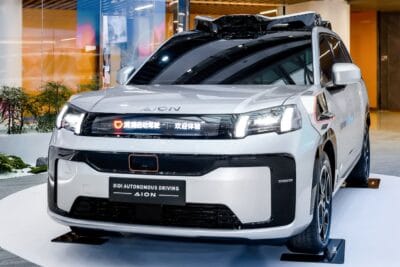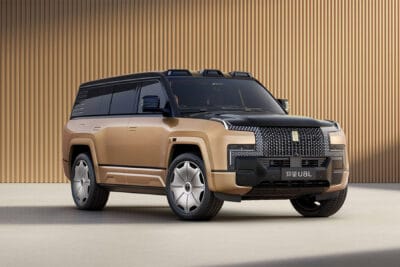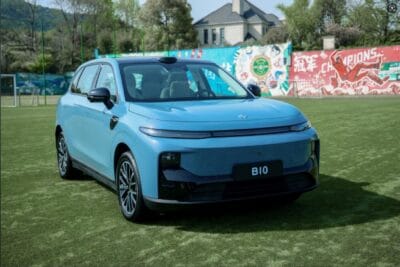Beijing about to kill local subsidies for electric cars
The Chinese federal government is planning to stop local governments offering subsidies for NEVs in a move to discourage protectionism and rein in state expenditure. State rebates are to remain in place.
Insiders close to the Ministry of Finance in China’s capital told Bloomberg about plans that would ask authorities to phase out local NEV incentives to discourage protectionism and help rein in state expenditure. The government policy proposals aren’t yet public but may be implemented as early as next year allegedly.
Carmakers would still be entitled to the central government’s funds, yet, such a move from Beijing would likely leave a dent in sales figures from large scale carmakers such as BYD and BAIC to name but a few. The aim of the government is not to hamper electric car adoption however but to even demand out rather and also to cap costs to the exchequer.
The existing national EV rebate scheme sets the upper limit of funding based on vehicle performance. Cars that can run at least 250 kilometres on a single charge are entitled to 44,000 yuan (5,656 euros) of funding, while local authorities can provide no more than 50 percent of the central grant.
The problem though is in the manner in which local authorities administer their support. Some manufacturers have complained and find it difficult to get funding approvals outside of their home town or province and think the application often a lengthy process.
China’s central government has been trying to regulate its new energy vehicle incentives in a more orderly way overall. Subsidy fraud had led to a plan for more refined rules and a clearance of the list of eligible carmakers recently.
Another reason for this latest consideration is Beijing wanting to curb expenses. According to the China Passenger Car Association, China has spent 59 billion yuan through 2015 on NEV rebates, and it may need to set aside 83 billion yuan more for 2016 and the current year.





0 Comments